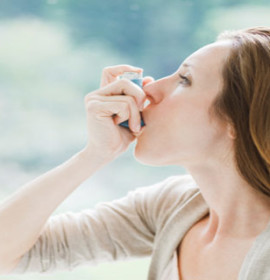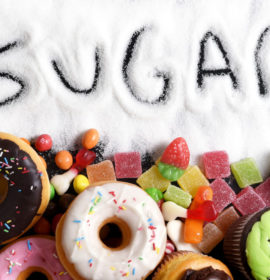
Fluoride mouthwash or fluoride free mouthwash? Which is better??
Cosmetic Dentistry . Dental Restoration . Dentistry . Preventive Dentistry

One of the keys things you’ll need to know when considering which mouthwash to choose are the differences between the different types of mouthwash.
Types of mouthwash:

- Fluoride free,
- non-antibacterial agent containing mouthwash.
A fluoride free and non-antibacterial agent containing mouthwash freshens your breath, but it doesn’t clean your teeth. Mouthwashes are not a replacement for a regular routine of twice-daily tooth brushing and daily flossing, although they can help wash away excess food particles in your mouth. A standard over-the-counter mouthwash contains breath-freshening ingredients such as mint flavouring, but it doesn’t contain fluoride unless the label says so.
- Fluoride-containing mouthwash
A fluoride mouthwash doesn’t remove plaque buildup on teeth, it works by protecting your tooth from acids produced by the bacterial plaque, and it is not a substitute for brushing and flossing your teeth. The fluoride in a fluoride mouthwash incorporates into the enamel coating of your teeth, and it can help protect against cavities in people who are susceptible.
Things You Need To Remember
Remember, a mouthwash should be used after you finish your tooth brushing and flossing routine. Also, keep in mind that mouthwashes or mouth rinses are not recommended for children younger than 6 years old, because kids that age may be inclined to swallow the rinses rather than spit them out.





